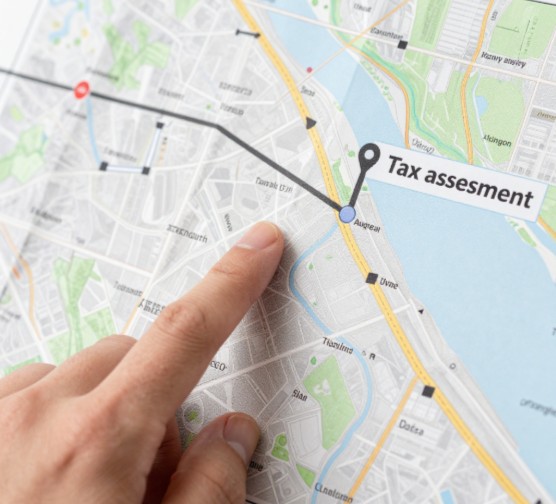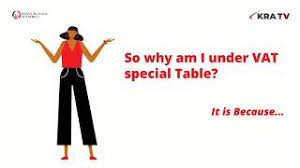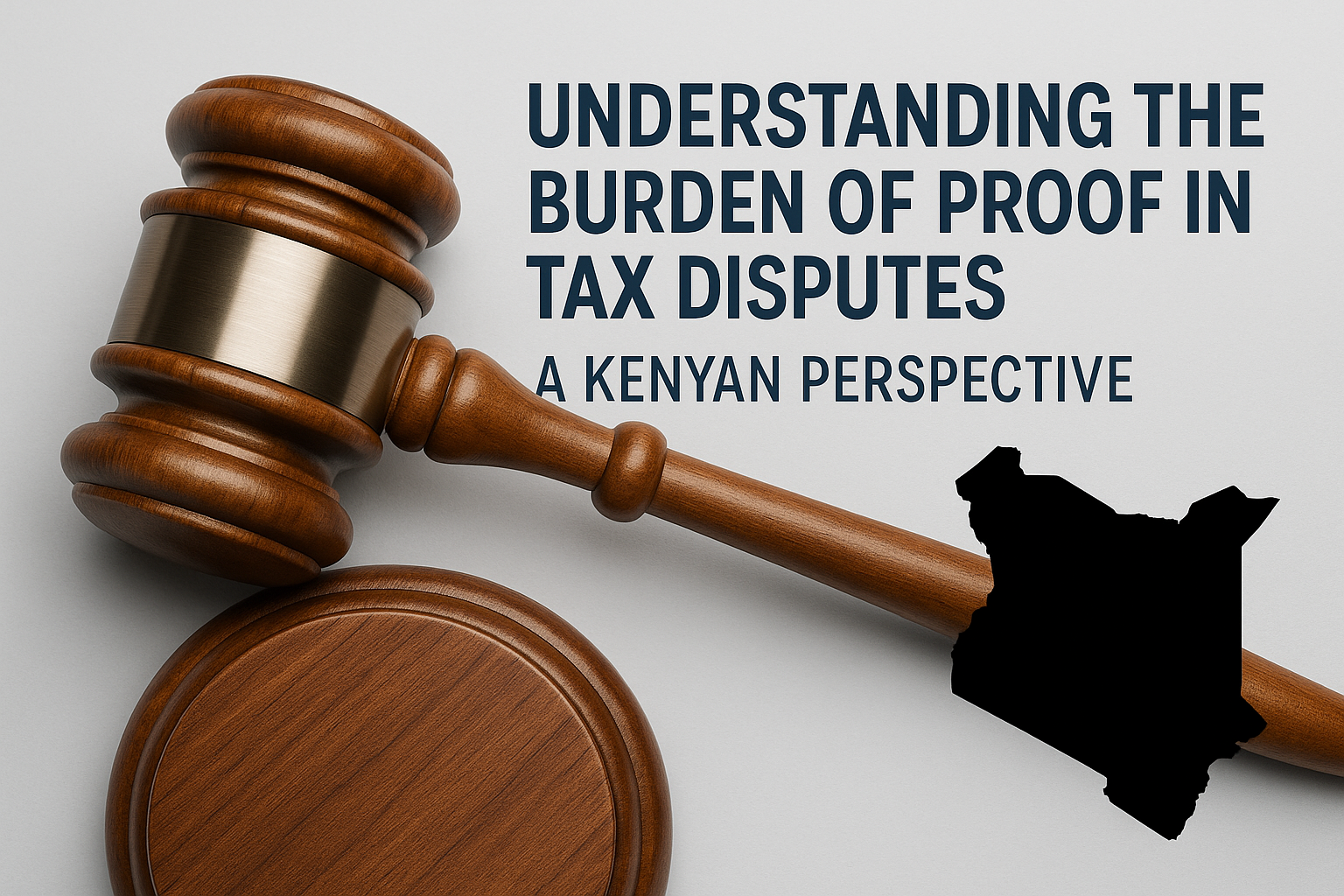Parliament enacted the Finance Act 2020 which introduced a Digital Service Tax with effect from 1 January 2021 which is payable by persons whose income from the provision of services is derived from or accrues in Kenya through a digital market place.
The tax measures introduced simply highlighted that income derived in Kenya through transactions across a digital marketplace shall be subject to income tax and value-added tax (VAT)
A “digital marketplace” is defined as a platform enabling direct interaction between buyers and sellers of goods and services via electronic means.
Scope of Taxable Services
The digital services upon which the DST shall apply will include the following:
- Streaming and downloadable services of digital content such as movies, videos, music, applications, online games and e-books;
- Transmission of data collected about users which has been generated from such users’ activities on a digital marketplace, however monetized;
- Provision of a digital marketplace, website or other online applications that link buyers and sellers;
Subscription-based media including news, magazines and journals;
- Electronic data management including website hosting, online data warehousing, file-sharing and cloud storage services;
- supply of search-engine and automated help-desk services including supply of customized search engine services;
- Tickets bought for live events, theaters, restaurants etc. purchased through the internet; and online distance teaching via per-recorded medium or e Learning, including online courses.
- any other service provided or delivered through an online digital or electronic platform but excluding services that are subject to withholding tax as prescribed by the Income Tax Act.
Determination of User Location
A person shall be subject to digital service tax if the person provides or facilitates provision of a service to a user who is located in Kenya.
A user of a digital service shall be deemed to be located in Kenya if any of the following parameters are present –
(a) The user accesses the digital interface from a terminal (computer, tablet or mobile phone) located in Kenya;
(b) Payment for the digital services is made using a credit or debit facility provided by any financial institution or company in Kenya;
(c) Digital services are acquired using an internet protocol address registered in Kenya or an international mobile phone country code assigned to Kenya;
(d) The user has business, residential or billing address in Kenya.
Tax determining value
The digital service tax shall be imposed on the gross transaction value of the service which shall be –
(a) in the case of a digital service provider, the payment received as consideration for the services; and
(b) in the case of a digital marketplace provider, the commission or fee paid for the use of the platform.
The transaction value of the service shall not include Value Added Tax charged for the service.
The digital services tax will be charged at a rate of 1.5% of the gross transaction value
Record Keeping
The person deducting DST is required to keep records for at least 5 years
Returns
Digital tax agents will make a return indicating the value of transactions and the tax remitted by the twentieth day of the month following the end of the month that the digital service was offered.
Offenses and Penalties
A person who fails to comply with DST regulations may be barred from accessing the digital market place until all such obligations are met.
Is DST a final tax?
For resident and permanent establishment companies, DST will be an advance tax that will be offset against income tax. It will be a final tax for non-residents without a permanent establishment in Kenya
Do you carry out a digital business activity? reach out to us for tax planning.














